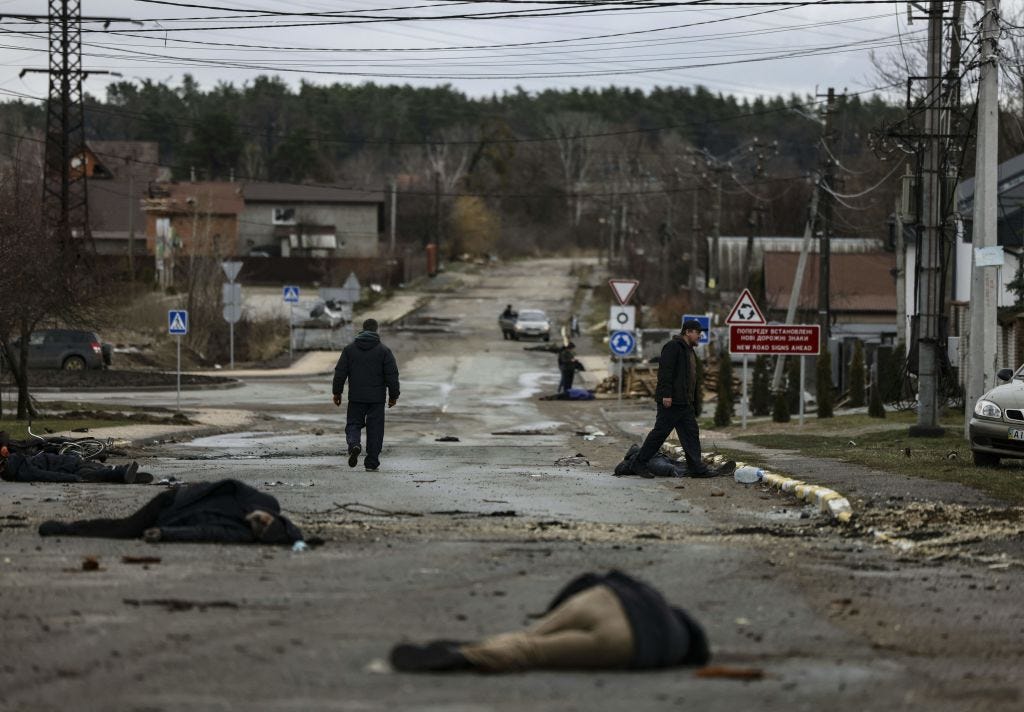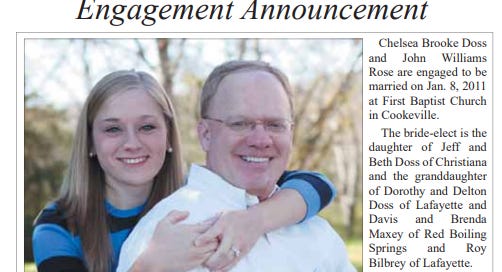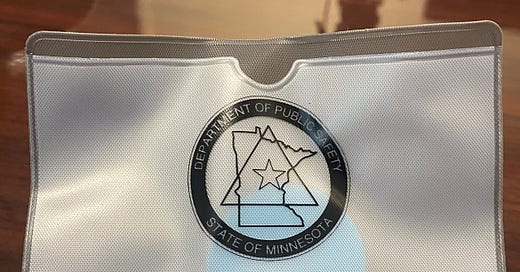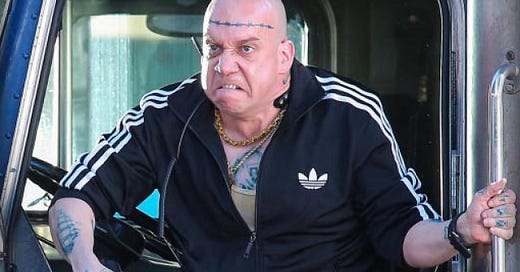It's time to call it a genocide
There's a specific legal definition and Russia's actions in Ukraine clearly meet it, experts say

I don’t typically write about foreign policy stuff, mostly because I don’t know a whole lot about it. But right now I’m seeing quite a few people who do know about it — experts and academics and think-tankers and the like — raise the alarm that Russia’s actions in Ukraine have moved beyond garden-variety war crimes and now meet the formal legal threshold of genocide.
Eugene Finkel, a Ukrainian-born political scientist and expert on genocide and mass violence with the Johns Hopkins School of Advanced International Studies, had this to say today:
As a genocide scholar I am an empiricist, I usually dismiss rhetoric. I also take genocide claims with a truckload of salt because activists apply it almost everywhere now. Not now. There are actions, there is intent. It's as genocide as it gets. Pure, simple and for all to see.
Finkel said that while he was initially resistant to labeling the Russian invasion a genocide, several recent events have changed his thinking. The first is that the mass civilian murders documented in the town of Bucha weren’t an isolated event — groups like Human Rights Watch are documenting similar actions in other Russian-occupied areas. The Russian army appears to be systematically targeting civilians across the country, shelling dozens of hospitals, hundreds of schools, and nearly a thousand civilian residences, according to the New York Times.
“Each massacre might be local initiative, together they are a campaign,” Finkel said.
Stepping back for a second, the legal definition of genocide rests in large part on intent: the relevant United Nations convention defines it as “acts committed with intent to destroy, in whole or in part, a national, ethnical, racial or religious group,” including murders, serious mental or physical harm, oppressive conditions calculated to inflict destruction, and forced sterilization and removal of children.
Statements by the Russian government and its media mouthpieces, Finkel says, represent “clear, actionable statement[s] of intent by a state agency.” Most alarmingly, state-owned media agency RIA Novosti recently published a lengthy, unhinged opinion piece (summary here, original here) saying, among other things:
that the majority of Ukrainians are “Nazis,” and that all Ukrainians who fought the invasion “should be destroyed to the maximum on the battlefield”;
that “denazification will inevitably also be a de-Ukrainization,” and that Ukraine itself “is an artificial anti-Russian construction that does not have its own civilizational content;”
that the atrocities committed by Russia are actually in the Ukrainian people’s best interests: “the tragedies and dramas of wartime benefit peoples who have been tempted and carried away by the role of an enemy of Russia.”
Finkel calls the piece “one of the most explicit statements of intent to destroy a national group as such that I've ever seen.” Samuel Ramani, a Russia expert with UK’s Royal United Service Institution, a think tank, said “this article tells you exactly what Russia means by the ‘denazification" of Ukraine. If ever implemented in full, there will be countless Bucha massacres and the forcible destruction of Ukraine's national identity.”
Sergej Sumlenny, a political scientist and former head of the Kiev office of a German think tank, said “the article reveals a detailed plan for a genocide, starting from full elimination of Ukrainian state.”
Olga Tokariuk, a journalist and Ukraine-based fellow with the Center for European Policy Analysis, said of the article that “Bucha was not an exception. Russian state media prepare public opinion for a full-scale genocide of Ukrainian people. They are speaking about killings and 're-education': in essence, concentration camps.”
The statements in the piece also align with Vladimir Putin’s own statements that Ukraine and Russia are “one people,” and that Ukraine itself must be “de-Nazified.” RIA Novosti also previously published, and then immediately took down, a congratulatory statement on a Russian “victory” over Ukraine that never actually materialized. The statement praised Putin for assuming “a historic responsibility by deciding not to leave the solution of the Ukrainian question to future generations” — a chilling echo of actual Nazi German rhetoric toward Jews.
Alexander Hinton, director of the Center for the Study of Genocide and Human Rights at Rutgers University, notes in a recent essay that the U.N. has an established framework for assessing the threat of genocide in volatile geopolitical situations. Russia’s invasion of Ukraine bears many of the warning signs: a long history of previous mass atrocities committed by the Soviet and Russian states, the dehumanization and demonization of targeted groups, and patterns of violence against civilian populations in Ukraine consistent with previous genocides.
“There is a significant risk that Russia will commit genocide in Ukraine,” Hinton writes. “It is possible that a genocide has already begun.” And this was written before many of the horrifying images from Bucha began to circulate in public.
I don’t know what the proper U.S. response to this is. But what’s happening in Ukraine right now is serious enough that people who’ve dedicated their lives to preventing genocides and similar atrocities are raising the alarm and trying to get people to pay attention. I think we ought to listen to what they have to say — and not look away from the horrifying evidence they show us.












I can’t help but think of Biden and NATO’s contribution to what is unfolding in Ukraine. From the beginning Biden told Putin repeatedly that we would not send soldiers to protect Ukraine. NATO repeatedly spoke of defending only NATO countries if they - and only they - were attacked. It was obvious that America and the rest of NATO deemed the full destruction of Ukraine acceptable to appease Putin given his threat of using nuclear weapons.
You can tell this finally dawned on President Zelenskyy after America refused to allow Poland to give their fighter aircraft to Ukraine. If you watch his speeches and pleas for help you can see the realization in his face and hear it in his words.
What if every NATO nation had done the right thing and sent troops and supplies to every country that borders Russia right after Putin began amassing the same on Russia’s border with Ukraine? What if the UN had kicked Russia out of the Security Council within 24 hours of the invasion? What if NATO had plainly said “No” instead of “Hey, Ukraine’s not in NATO, help yourself”?
I heard Chris speak at the Hutchinson Event Center on Saturday. He wrote “Uf you lived her, you ‘d be home by now”. Very talented and funny. The Why Axis id his latest business business venture since leaving his post ad a reporter for The Washington Post. He currently lives in Minnesota. He is worth following.